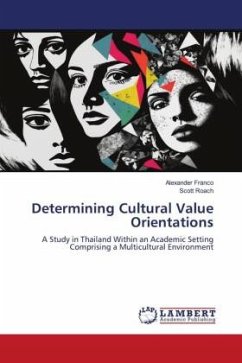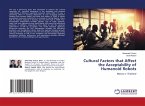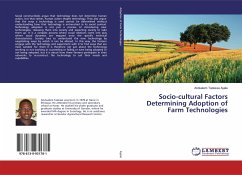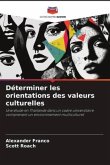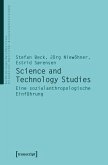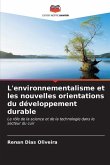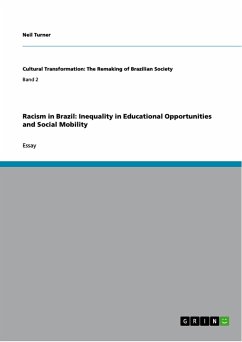Kluckhohn-Strodtbeck's value orientation method (VOM) is a micro dimensional tool utilized to determine cultural orientations within and between groups consisting of a multicultural composition. This study examined the five orientations of VOM: Relationship to Others, Relationship to Nature, Time (temporal focus of human life), Activity (modality of human activity), and Human Nature (what constitutes human nature). The inferential sample tested consisted of 215 students in an English-medium language program at an international university in Bangkok, Thailand. The variables of ethnicity (non-Chinese Thai, Chinese Thais, and foreign students) were tested along with the demographic variables of gender, age, and prior enrollment in an international high school or international college with ethnic/national diversity within the student population and faculty. The results indicated significant differences between non-Chinese Thais and foreign students as well significant differences between non-Chinese Thais and Chinese Thais. Since VOM is a micro dimensional tool designed to study within or between specific groups, its application can be utilized for pedagogical and other considerations.
Bitte wählen Sie Ihr Anliegen aus.
Rechnungen
Retourenschein anfordern
Bestellstatus
Storno

